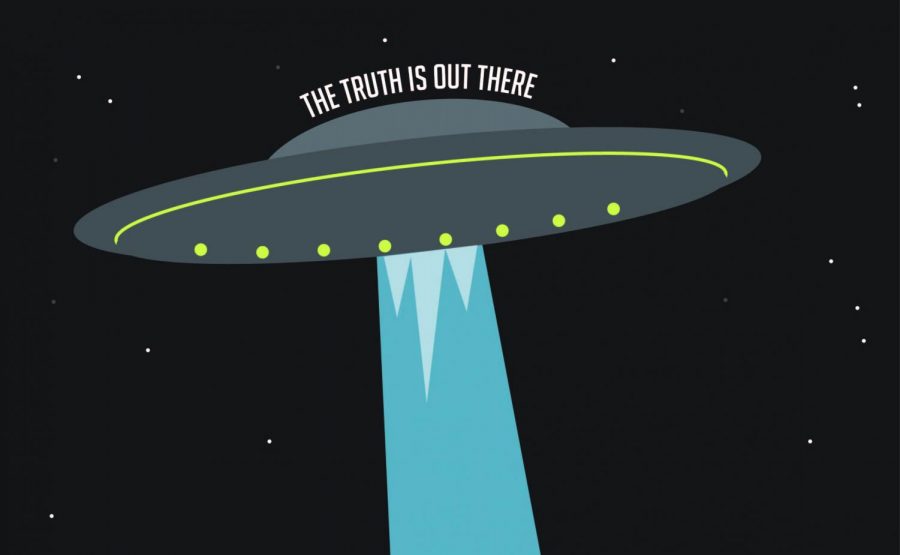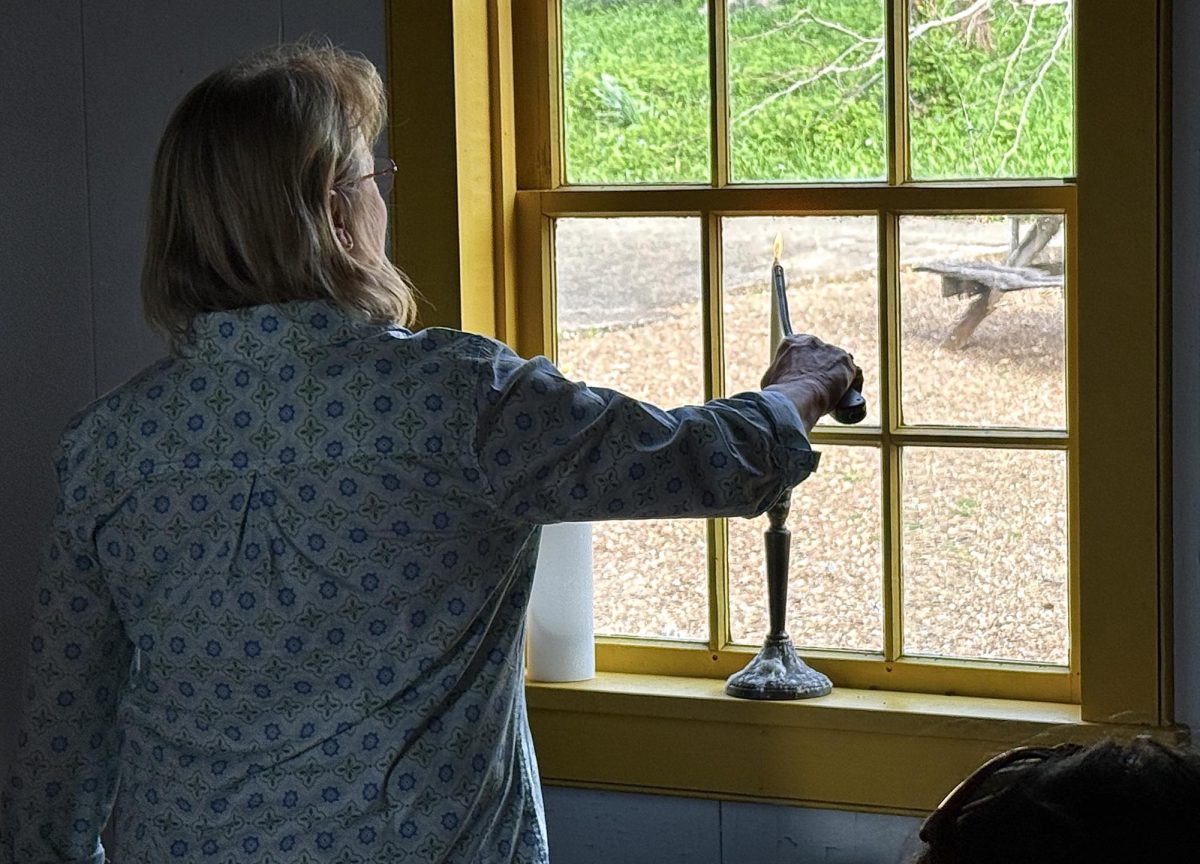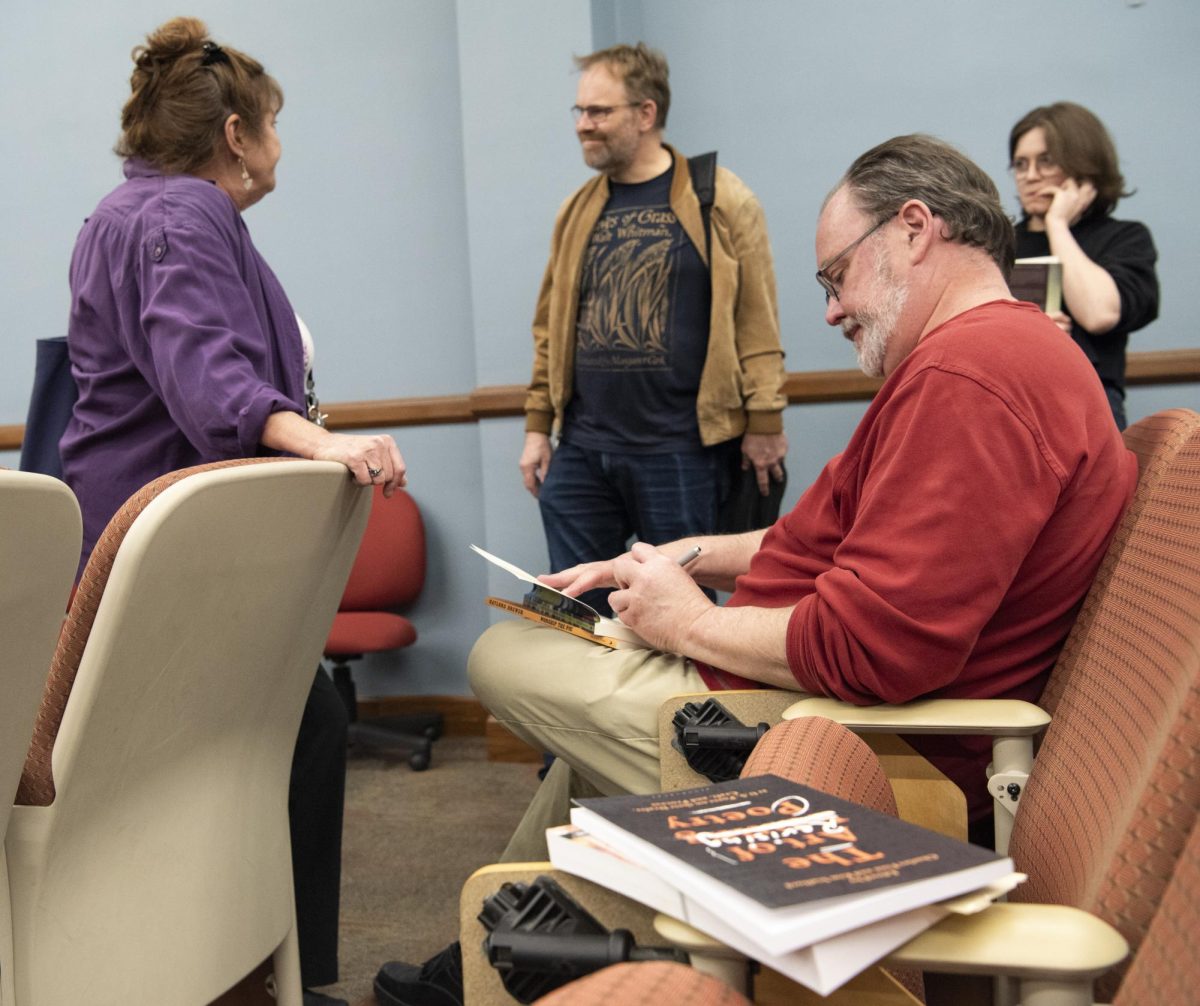Fans old and new reflect on “The X-Files”
January 28, 2016
Whether it’s in one of President Gary Ransdell’s emails, hidden in the basement of Helm Library or in the depths underneath the Colonnades, the truth is out there.
FBI agents Fox Mulder and Dana Scully, played by David Duchovny and Gillian Anderson, have spent more than nine years searching for the truth in the science fiction drama series “The X-Files.” The show’s original TV run spanned from 1993 to 2002 and is currently enjoying a revived miniseries comprised of six episodes.
“The X-Files” revolves around the pursuit of the truth: exposing government conspiracies, working to confirm the existence of extraterrestrials and dropping one-liners such as “Please explain to me the scientific nature of the whammy” and “Scully, this is a classic case of demon fetal harvest.”
While “The X-Files” started with more of a cult following, it soon erupted into the eye of pop culture.
Anthony Harkins, director of popular culture studies and associate professor of history, said pop culture can be defined as culture that is popular, broadly shared, widely experienced and usually commercial. He said in the United States, all forms of mass media, including film, TV, the Internet and comics, are part of popular culture.
Harkins said television especially can be an influential medium for pop culture in the public eye, and as it becomes more of an economic driving force, it is also being seen as a more significant and legitimate culture source.
“I think it’s become economically influential as well as culturally influential,” Harkins said.
Harkins said he is familiar with the series and its general premise. He said its common theme of exposed government conspiracies translates well into pop culture because it connects with viewers and reflects feelings people already harbor.
“The fact that it [The X-Files] was talking about government conspiracies … showed that those sentiments were out there as well as the fascination with extraterrestrials,” he said.
Martha Merder, 68-year-old Jasper, Indiana native, watched “The X-Files” from its initial run in 1993 until its conclusion in 2002.
Merder, a science fiction fan, said she enjoyed the series because it differed from other TV shows of the time and offered a certain quirky quality.
She said her favorite parts of the series were monster of the week episodes in which Mulder and Scully would come face to face with a new, usually paranormal, threat. She also enjoyed the series’ ability to keep viewers guessing and retain an air of mystery.
“The fact they could never pin anything down and prove anything kept you going week after week with Mulder and all his theories,” Merder said. “It just kept the interest up.”
Merder said “The X-Files” is one of the few television shows that has directly addressed uncovering government conspiracies, questioning what the public is being told and looking at the existence of extraterrestrials.
She said she thought the revived miniseries had shifted from the original series’ theme of chasing aliens to chasing the government but that this also ties into beliefs many people already hold.
“What everybody thinks nowadays is that the government keeps a lot of secrets, and the government is behind a lot of things … and they’re spying on us and all that,” Merder said.
William Kimmell, Bremen senior, agreed that questioning the government gave the series appeal. Kimmell, who started the series a year ago and has now finished, said he was instantly hooked by the series’ conspiracy theories and science fiction.
“I really think the ‘The X-Files’ … brought into light a lot of things that people wouldn’t think about,” Kimmell said.
Kimmell said what drew him to the show were its engrossing storylines: Mulder and Scully’s attempts to make sense of what they encountered, and Mulder’s search for his sister who was abducted at the age of eight. Kimmel said the series opened a door in popular culture by encouraging discussion about aliens and government conspiracies.
“We don’t actually know what is out there, but there are people who believe, people who want to believe — and then there are people who don’t believe,” he said.
Merder and Kimmell are right in thinking questioning or distrusting the government is a popular trend.
“Beyond Distrust: How Americans View Their Government,” a 2015 study conducted by the Pew Research Center, cited 19 percent of their respondents saying they can trust the government always or most of the time. The study reported that 55 percent of the public believes “ordinary Americans” would perform better at solving national problems than elected officials.
In addition to government conspiracies and extraterrestrials, “The X-Files” is largely about the relationship between Mulder and Scully and their quest for a sometimes arbitrary truth. In the miniseries, however, nostalgia also plays a part.
Kimmell said he recalls waiting for the first episode of the miniseries to premiere on Monday with his phone open to Snapchat, ready for the main theme to come back onto the big screen after 14 years.
“It was so awesome seeing the original theme and the original title screen … I’m so glad they left that the way it was because it was perfect,” he said.
Merder said she had always been taken by the relationship between Mulder and Scully. Mulder’s off-the-wall attitude and Scully’s scientific and analytical nature made them a good pair because there were always two different points of view, she said.
However, if Merder had to choose a favorite, she said she would choose Mulder over Scully.
“He was willing to believe in the unbelievable, and he was always out there searching for the answers,” she said.
Hopefully, if government conspiracies and extraterrestrials aren’t your preference, you can take refuge in Mulder’s passion for seeking the truth in an elusive landscape.













